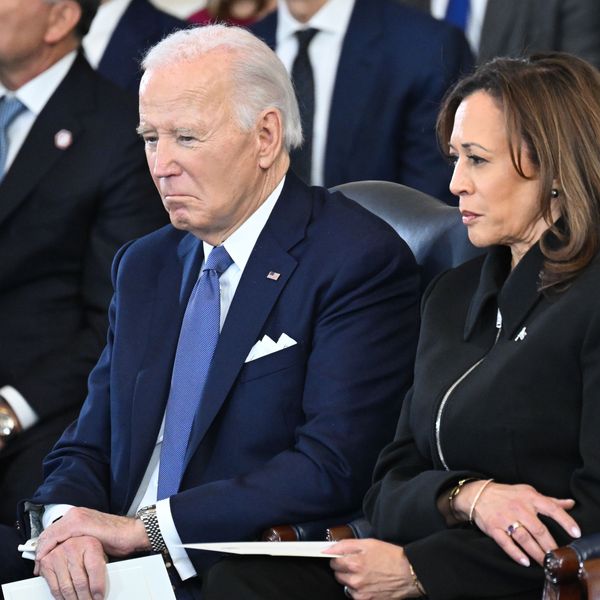When I think back on the Rev. Martin Luther King on his birthday, I know he would have been both pleased and troubled by our current state.He would surely have been pleased at a picture of the Democratic debate in New Hampshire -- an African American, a woman, a white male populist and a Hispanic competing for the Democratic nomination to be president. When King had his dream, he knew a day like this might come.
He surely would have been troubled by the state of our country. Poverty is up; hunger spreading. Millions of children go without adequate health care. Affordable housing is lacking, and now in the subprime mortgage crisis, millions face losing their homes. Wages are more unequal than ever; parents are working harder and longer and not keeping up. For much of America, the recession has been going on long before the economists woke up to it.
King had a dream, but he was not a dreamer. He kept challenging this country. He understood that equal protection under the law was a necessary but not sufficient step toward a good society. He spent his last birthday organizing a poor people's campaign, meeting with whites from Appalachia, Latinos, leaders from many different religions. He wanted to build a march -- across lines of race, religion and region -- that would call on this wealthy nation to deal with entrenched poverty. He was looking for justice, not for alms. The right to a job and a living wage, the right to organize and bargain collectively, the right to health care and affordable housing: These issues were the next stage in his struggle.
That's why the current press focus on the sniping between the campaigns is a dangerous distraction. Candidates are tired; the campaign is close. Advisors argue for going negative; surrogates take cheap shots. Little things get magnified out of proportion, and start rubbing the raw wounds of race and gender.
When Obama said that Hillary was "likeable enough,'' it was not a gender insult; it was a gentle compliment. These two were friends; they have campaigned together. To turn it into anything else is simply silly. When Hillary said Lyndon Johnson was necessary to get the Voting Rights Act passed, of course she's right. It took years of demonstrations, litigation and legislation to challenge segregation. King appreciated what Johnson helped achieve, even as he continued to challenge him. Hillary's statement is not a racial insult. When surrogates start demeaning Obama's experience as an organizer or insinuating garbage about his past, that degrades all of us, not just him.
The problem with this stuff is that it can easily get out of hand, embittering supporters on both sides. We're having a vital competition inside the team about who should be the first-string quarterback. And it's great that the competition is stiff and the competitors all highly skilled. But the battle for position shouldn't be so bitter that it divides the team and makes it impossible for the winner to bring us together to meet the real competition.
Show us your stuff; let the voters make the choice. Who can best bring about the change we need? Who has the best plan to make this economy work for working people? Who will stand up for the poor and stand up to the powerful? Who will best lead us out of this misbegotten war, so we can begin to rebuild America?
Let's appeal to people's hopes, not their fears, and give them someone to vote for, not against.
--Jesse Jackson
(c) Copyright 2008 Digital Chicago, Inc.


